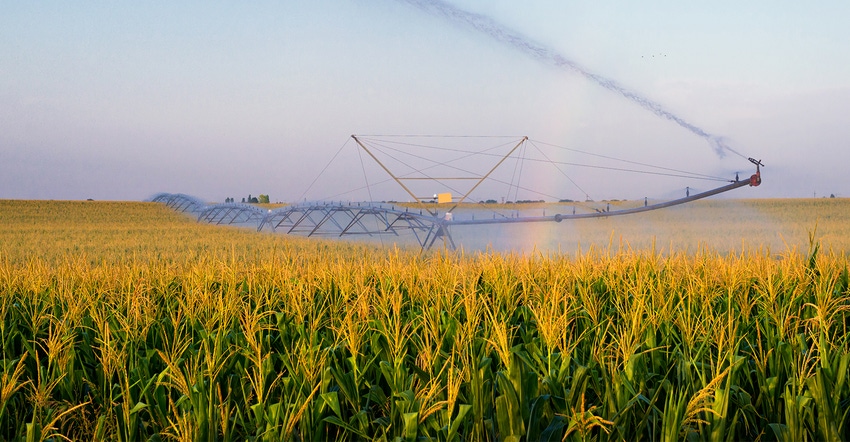December 5, 2018

By R. Brent Young
A survey of the 2017 the Agricultural Risk Coverage-County, or ARC-CO, payments for irrigated corn in the seven Colorado counties (Kit Carson, Logan, Morgan, Phillips, Sedgwick, Washington, and Yuma) served by the Colorado State University Regional Engagement Center in Sterling reveals that payments were only made in Washington County. Producers in Morgan County did not receive a payment in 2016 or 2017.
Many irrigated corn producers are beginning to wonder if the decision they made in 2015 to elect ARC-CO rather than Price Loss Coverage, or PLC, was the correct decision. Before we compare the track records of ARC-CO and PLC over the past four years, a quick review of how the programs work is in order.
ARC-CO
Payments are made under ARC-CO when ARC-CO Actual Revenue is less than the ARC-CO Guarantee for a covered commodity. ARC-CO Actual Revenue is determined by multiplying the county yield during the crop year by the national price for that crop year. The ARC-CO Guarantee is calculated by multiplying the county benchmark yield by the national benchmark price.
The national benchmark price is determined by a five-year Olympic average (drop the high and the low and average the remaining three) of the higher of the marketing year average or the reference price. The national benchmark price is likely to be a bigger driver in determining the ARC-CO Guarantee than the county benchmark yield, as yields tend to follow predictable trend lines and do not vary much over time (barring unforeseen weather events).
PLC
Payments are made under PLC when the effective price is less than the reference price for a covered commodity. The effective price is determined by the higher of the marketing year average or the national loan rate. The reference price is also known as the statutory price and is set by the farm bill.
Unlike the Agriculture Risk Coverage-County (ARC-CO), low commodity prices over time have no effect on the PLC reference price. The PLC reference prices for barley, corn and wheat are $4.95, $3.70 and $5.50, respectively. These reference prices are set in the farm bill legislation and will not change until the next farm bill becomes law.
Online decision tools offer help
Several online decision tools were available to assist producers in deciding if ARC-CO or PLC would be the best choice for their operations. These decision tools compared the total payments received over the life of the 2014 Farm Bill for each Title 1 Program (ARC-CO or PLC). The decision tools recommended that most irrigated corn producers select ARC-CO.
Irrigated corn producers with an established actual production history of 170 bushels per acre would have collected a total of $130.90 per acre from 2014 through 2017 had they selected PLC. Over the same period, producers with ARC-CO would have been paid the following, by county: Kit Carson, $191.90; Logan, $213.70; Morgan, $168.75; Phillips, $245.03; Sedgwick, $188.39; Washington, $316.89; and Yuma, $260.75.
There’s an old saying, “Hindsight is always 20/20”; and as we review the track record of ARC-CO and PLC over the past four years, it appears that irrigated corn producers who chose ARC-CO made the correct decision.
If you have questions about this topic or any other agricultural business management issue, feel free to contact me at 970-522-7207 or by email at [email protected].
Young is a regional Extension specialist for Colorado State University in Sterling, Colo.
You May Also Like




